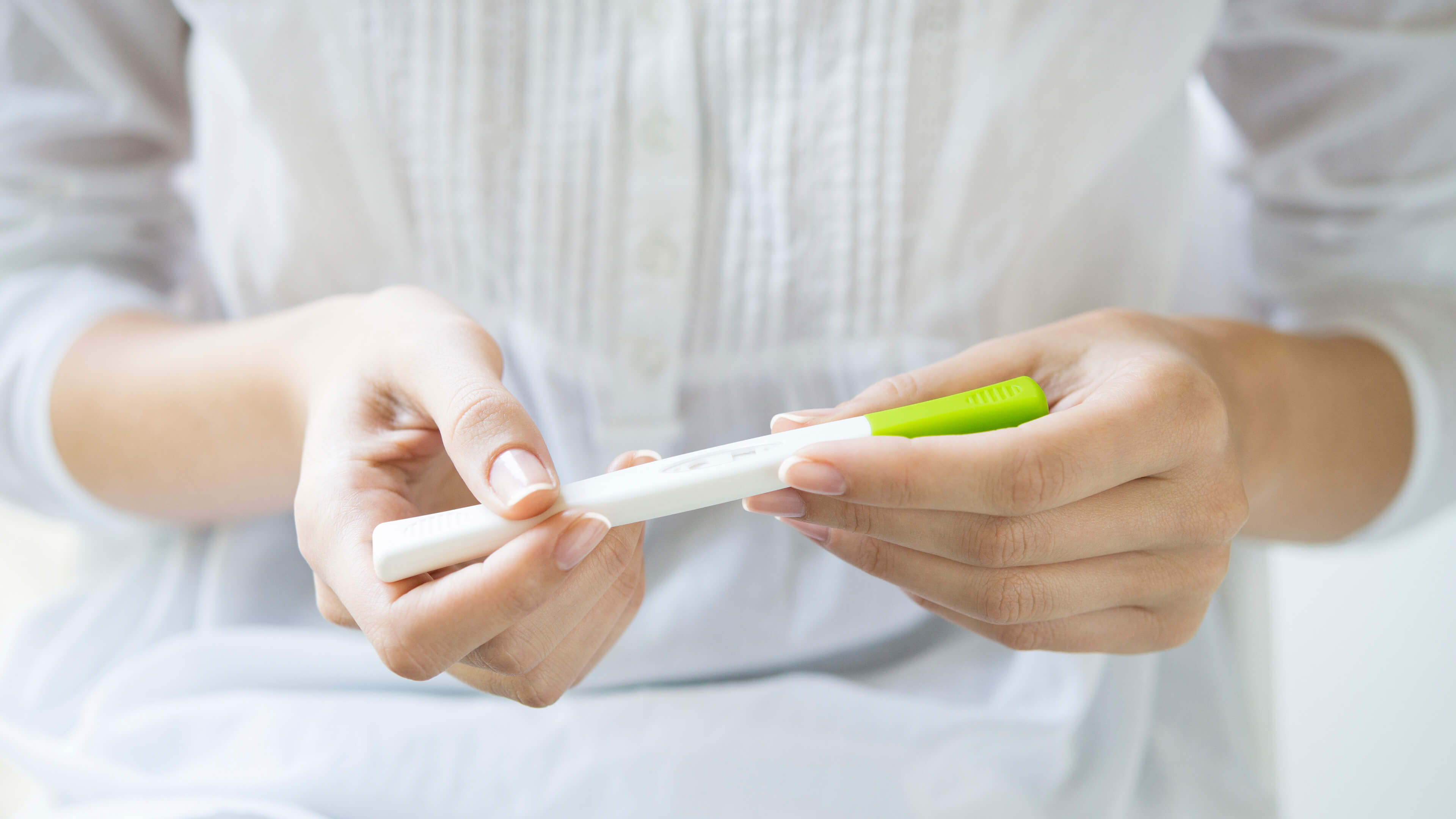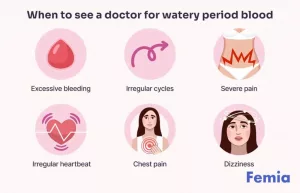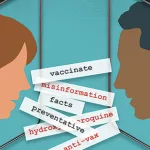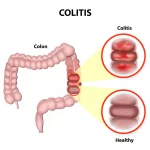A negative result on a home pregnancy test doesn’t necessarily guarantee you’re not expecting. Medications, medical issues, and timing can all sway the outcome. A blood test or ultrasound remains the most definitive method to confirm pregnancy.
You’re wiped out, your breasts feel tender, your period is five days late… and are those a few queasy moments you’re experiencing? Could pregnancy be the cause?

We’d like to say there’s only one way to know — take a pregnancy test! — but that’s not entirely accurate: Over-the-counter tests are handy and fast, yet they aren’t flawless.
False negatives, false positives, and ambiguous readings exist. (Raise your hand if you’ve ever squinted at a pee-soaked stick under a bathroom light trying to decipher symbols that look like ancient code… yeah, same.)
So why is it sometimes so difficult to tell at home if you’re pregnant, even when you have sore breasts and nausea to support the suspicion? There are many reasons you might feel pregnant but get a negative result — here are 10 of them.
1. You are pregnant, but you tested too early
Those claims on packages that say you can “test 5 days early” refer to how many days before your expected period you can try the test and potentially get an accurate outcome.
However, if you check the fine print, accuracy is limited at the very early 5-day point and improves as you approach your missed period.
If it’s still a long way from your anticipated period, there may not be enough pregnancy hormone in your urine yet to trigger a positive reading.
The simplest fix is to wait a few days, or until your period is actually late. Even testing again 72 hours later can produce a different result.
2. You are pregnant, but hCG levels are too low for a home test
If you waited until you missed your period and the test is still negative, consider the time of day you tested. Early in pregnancy, hCG (human chorionic gonadotropin), produced by the developing placenta, might still be low — especially later in the day when urine is more diluted by fluids.
For more reliable results, use your first morning urine when hCG concentration is typically highest.
3. You are pregnant, but you’re overhydrated
The more diluted your urine, the less hCG it contains, and the less likely a test will read positive. What dilutes urine? Plain old water.
If you’re diligent about drinking huge amounts (we see you with the oversized water bottle), you might be flushing out the hormone signal.
You don’t need to stop hydrating entirely — just avoid excessive drinking the night before or the morning you take the test.
4. You are pregnant, but you used the test incorrectly
Although they’re straightforward, legitimate pregnancy tests include directions and you should follow the instructions specific to your brand.
If you didn’t aim urine at the correct spot on the strip, didn’t lay the test flat and face up, or checked the result after the recommended timeframe, your outcome could be unreliable.
5. You are pregnant, but your test was defective
Like any mass-produced item, pregnancy tests can be damaged during shipping, expire on store shelves or in your cabinet, be exposed to extreme temperatures, or simply malfunction. Nothing is perfect.
We don’t want to encourage endless retesting after a single negative — but tests can and do fail occasionally. If you suspect a faulty device, buy a fresh test from another store and try again.
Still, it’s unlikely you’ll receive two defective tests in a row, so try not to spiral into constant rechecking.
6. You are pregnant, but a rare situation is at play
Although uncommon, some unusual circumstances may produce a false negative:
- Ectopic pregnancy. When a fertilized egg implants outside the uterus, hCG production may not rise as expected, so an at-home test might not detect it (though sometimes it does). Ectopic pregnancies are rare and not viable, and they can be dangerous — seek urgent medical attention if you have severe pain or bleeding.
- Cryptic pregnancy. Rarely, a pregnancy can remain undetected by standard tests. Various factors, such as hormonal fluctuations that cause bleeding similar to a period, can delay detection until later in gestation.
- Later-stage pregnancy. Many OTC tests are calibrated to detect hCG within a certain window. If your hCG is much lower or much higher than that range, you might see a negative result. Exceptionally high hCG can overwhelm the test (the “hook effect”), which can occur if you’re farther along than you think due to irregular cycles or lost track of dates.
In these situations, a blood hCG test or an ultrasound performed by your healthcare provider is the best way to confirm pregnancy.

7. You’re not pregnant — you’re about to get your period
You know what medical state can feel a lot like pregnancy? Menstruation.
The same hormonal systems are involved, so it’s logical that symptoms overlap. Rising progesterone in the premenstrual phase can cause tender breasts, increased appetite, cramping, mood shifts, fatigue, spotting, or even mild nausea.
Early pregnancy also brings rising progesterone, so the two can easily be confused.
The remedy is to wait a few days: If it’s PMS, your period will arrive; if it’s pregnancy, it won’t — and a repeat test after a short wait may clarify things.
8. You’re not pregnant — you’re ovulating
Ovulation — usually around the midpoint of a cycle — doesn’t mirror pregnancy as closely as PMS does, but you can still get breast tenderness, light cramping, and occasionally nausea when your ovary releases an egg.
If you’re not tracking your cycle and don’t know where you are in it, ovulation symptoms can be mistaken for early pregnancy — you may just need to wait to know for sure.
9. You’re not pregnant — your symptoms are psychosomatic
Here’s a tricky reality when you desperately want to be pregnant: That desire can dominate your thoughts to the point where you begin to interpret normal sensations as pregnancy signs.
We understand — a negative test can be heartbreaking.
Your wishful thinking can lead to symptom-spotting: your queasiness becomes proof of pregnancy, your tiredness is not from lack of sleep but because you’re pregnant.
When you view everything through pregnancy-colored glasses, objectivity becomes tough.
If possible, try not to fall into the symptom-spotting trap. If you are pregnant, a reliable test or your clinician will confirm it — and if you aren’t, avoiding the tunnel vision will spare you further disappointment.
10. You’re not pregnant — you’re experiencing medication side effects
If you’ve been undergoing fertility interventions, remember those medications are intended to alter hormone levels.
Treatments that raise progesterone or suppress estrogen can produce symptoms mimicking both PMS and pregnancy, such as nausea, bloating, breast soreness, and mood changes.
If you’re uncertain whether symptoms are medication-related or a sign of pregnancy, contact your OB-GYN or reproductive specialist. They’ll know your cycle timing and whether pregnancy is likely.
How to handle the emotional ups and downs of trying to conceive
Almost every aspect of pregnancy involves waiting: waiting to test, waiting the minutes for results, waiting until the next month to try again, and waiting nine months for a baby once you are pregnant.
In other words, nothing is immediate, and uncertainty is constant.
This can make the path to parenthood quite bumpy. To cope, consider these suggestions:
- Stay present. You can’t alter the past or predict the future. Take things day by day.
- Keep a shared hobby or activity with your partner unrelated to conception. You’re still a couple — nurturing the relationship is important.
- Find calming practices. When conception stress mounts, having a go-to soothing activity can help. Choose something you enjoy so it becomes a positive escape.
- Have alternative plans. You might explore fertility clinics if needed, or consider options such as adoption or fostering. Remembering there are other paths can keep you hopeful month to month.
The bottom line
Home pregnancy tests are private and convenient for a quick answer to “Am I pregnant… or just bloated?”
But even when pregnancy is real, a store-bought test might not show it.
Factors like medications, medical conditions, and timing can all interfere with results. The only way to be certain is to visit your healthcare provider for a confirmed test.

























Leave a Reply
You must be logged in to post a comment.